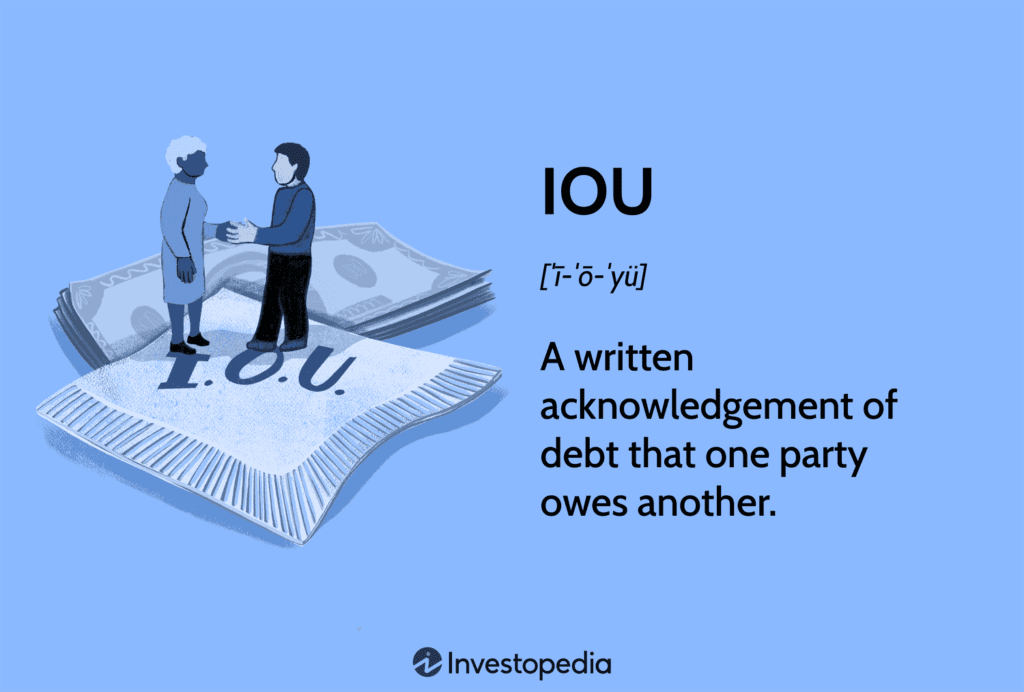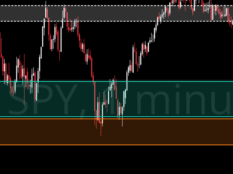Short Selling Options Contracts
I’m Meta Matt, Director of Education and welcome to PB University LITE! This is a 50 Class Trading 101 Series geared towards both new and veteran traders alike! We go over everything from Trading Psychology, Technical Analysis, and Options Trading to Commodity Trading, Forex, and more!! This 50 Class series is not designed be taken in order, it is instead designed for traders to browse and pick which classes interest them. I will include the list of classes at the bottom of this page.
Start Trading With Webull: Free Stock Shares
Custom Trading Indicator DISCOUNT: Try StocksBuddy Today
Get A Trading Coach, Premium Alerts, Education, and Community:
1 Month Membership
90 Days (Save 10% Per Month)
1 Year (Save $279)
You can buy CALLS and PUTS, but you can also Short Sell CALLS and PUTS. Before we get into that we need to explain what Shorting is.
When you are short selling a stock equity so not an options contract just a regular stock, you are selling something you technically don’t own, meaning you are borrowing a stock from a lender and immediately selling it.
So let’s say I am shorting a stock that is $500, that means that I am borrowing that stock from a lender, and then immediately selling it for $500. So nice, I have $500..

Now I can buy the stock, for $400, and give the stock back to the lender. That’s a $100 profit. However if the stock goes up, then I will eventually have to cover, meaning buy the stock back to return it to the lender for more than I originally sold it for, meaning I would be at a loss.
Alright, so back to options. When you short sell an options contract, you are known as the "writer" or "seller."
You receive payment, which is the option premium, so if the premium is $.50, you get $50, in exchange for accepting an obligation. The obligation for a short seller of a call option is to sell the stock at the strike price to the buyer if the option is exercised. The obligation for a short seller of a put option is to buy the stock at the strike price from the buyer if the option is exercised.
The goal for short sellers is for the option to expire worthless, meaning that the stock does not reach the strike price by the expiration date, and cannot be exercised and the premium goes to $0. In this case, you get to keep the premium as profit. Another option is to buy back the option, ideally for a lower price than you short sold it for. But some do it even if it is at a higher price, to limit their losses. This is known as covering your position. When you buy back the option you are essentially canceling your obligation.
Short Selling options can be very risky, and isn’t recommended for new traders, however understanding how it works is important.
Another way to use options is to write covered calls to try to limit losses, make sure to tune into Class #14 where we go over Covered CALLS and PUTS!!

PB University LITE Class List
1) Trading Terminology
2) Stock Market Indices
3) Common, Preferred, and Penny Stocks
4) Diversification of Assets
5) Fundamental Analysis Made Easy
6) Technical Analysis Made Easy
7) Risk Management In The Market
8) Portfolio Management
9) How To Follow Market News
10) Trading Psychology
11) Options Explained
12) The Greeks In Options Trading
13) How To Short Sell Options
14) Covered CALLS
15) Spread Trading
16) Online Brokers for Options Trading
17) Implied Volatility Calculators & Tools
18) Protective PUTS
19) Iron Condors
20) Straddles
21) Reading Level 2
22) Taxes
23) Trading Psychology Techniques
24) The Art Of Trading
25) Becoming A Jedi In The Stock Market
26) Futures Trading Explained
27) Commodity Trading 101
28) Regulatory Environments
29) How To Become A Millionaire
30) $100K In 100 Days
31) Wash Sale Rule
32) Behavioral Finance Part 1
33) Behavioral Finance Part 2
34) 5 Charting Indicators
35) Fair Value Gap
36) Insider Trading and Market Manipulation
37) Stock Chart Types
38) Moving Averages 101
39) Base vs Precious Metals
40) Electricity Trading 101
41) Trading Brokers 101
42) 5 Trading Strategies
43) 85% Trading Rule
44) Are Win Rates A Scam?
45) Futures Trading 101
46) ATR Indicator Strategy With The Greeks
47) MACD Indicator 101
48) Bollinger Bands Indicator 101
49) Wedges, Triangles, Flags and Pennants
50) RSI Divergence 101



